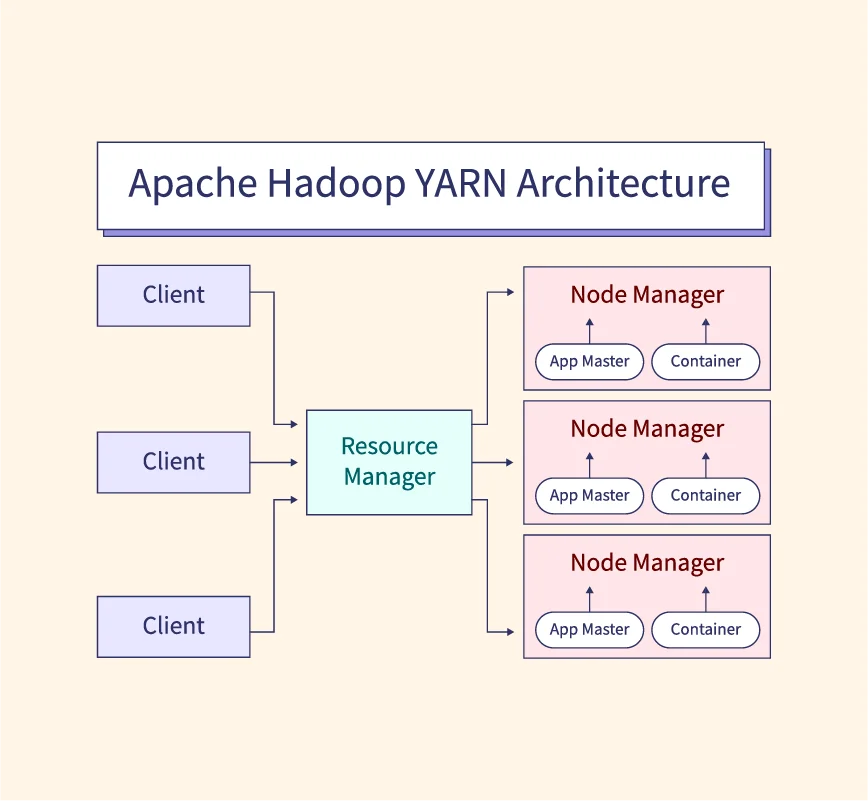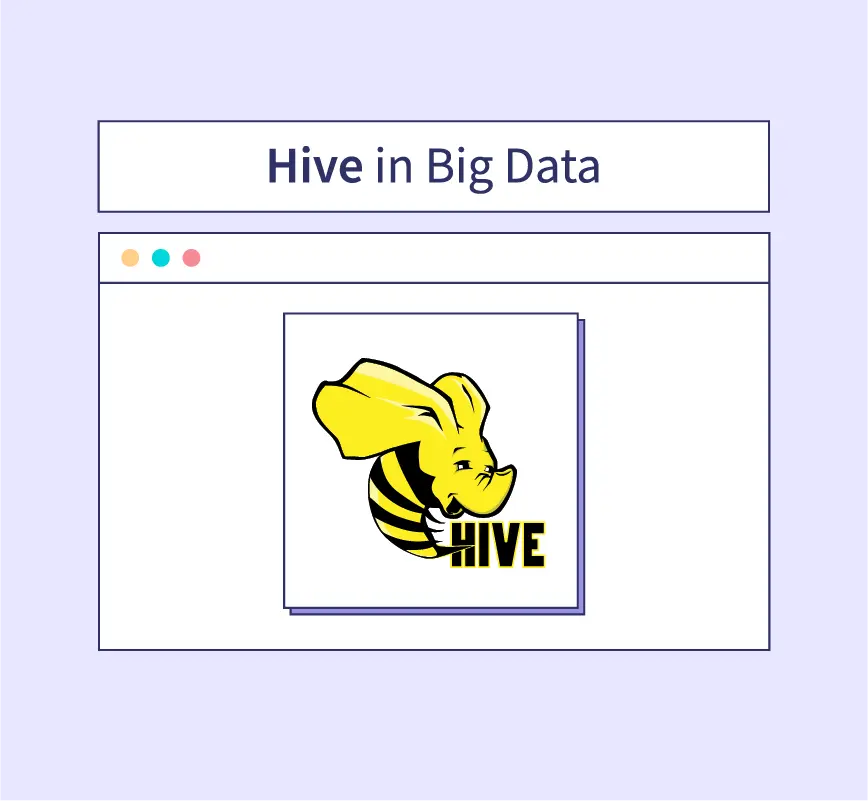Artificial Intelligence (AI) is revolutionizing many industries, from healthcare and finance to marketing and manufacturing. As AI continues to grow, so does the demand for professionals skilled in various aspects of AI. Having the right skills in AI not only opens up exciting career opportunities but also provides a solid foundation for working with cutting-edge technology.
In this article, we’ll explore the top essential Artificial Intelligence (AI) skills you need to know. Whether you’re looking to start a career in AI or just curious about what it takes to work in this field, these skills will help you understand and apply AI concepts effectively.
List of AI Skills You Should Know About
1. Programming Languages
Programming languages form the foundation of AI development, allowing you to create and deploy AI models. Some of the most essential languages for AI include:
- Python: Python is widely used in AI because of its simplicity, readability, and large ecosystem of libraries, such as TensorFlow, PyTorch, and scikit-learn, which are specifically designed for AI and machine learning tasks.
- R: Known for its strong statistical and data analysis capabilities, R is useful in AI, especially when dealing with data-heavy applications.
- Java and C++: These languages offer performance benefits and are often used in larger AI applications or for tasks that require high computational power.
2. Data Modeling & Engineering
Data is at the core of AI, and data modeling and engineering skills help in structuring, managing, and preparing data for AI applications.
- Data Modeling: This involves organizing data in a way that makes it useful for AI algorithms. Common techniques include relational databases and NoSQL databases, which structure data to support efficient analysis.
- Data Wrangling and Cleaning: Before data can be used, it needs to be cleaned and prepared. Data wrangling involves handling missing values, removing duplicates, and transforming data to make it suitable for AI models.
- ETL (Extract, Transform, Load): ETL processes help in moving data from various sources into a centralized location for analysis, ensuring data quality and consistency.
3. Big Data Analysis
With the massive amounts of data generated daily, big data analysis is a crucial skill for AI professionals. Big data tools allow for efficient processing and analysis of large datasets, which is essential for building accurate AI models.
- Understanding Big Data: Big data refers to extremely large and complex datasets that cannot be handled by traditional data-processing tools. AI uses big data to uncover trends, patterns, and insights that drive decision-making.
- Big Data Tools: Tools like Hadoop and Apache Spark are commonly used in big data analysis. They help process and analyze large datasets quickly and efficiently, making them valuable for AI tasks that involve huge volumes of data.
- Data Visualization: Visualizing big data helps in understanding complex datasets, making it easier to interpret AI results and insights. Tools like Tableau and Power BI are widely used for creating interactive data visualizations.
4. Machine Learning Models
Machine learning (ML) is a core component of AI that enables systems to learn from data and make predictions. Understanding different types of ML models and algorithms is essential for building AI solutions.
- Types of Machine Learning: Machine learning is typically divided into three types:
- Supervised Learning: Models learn from labeled data and make predictions based on past examples.
- Unsupervised Learning: Models find patterns in unlabeled data without guidance.
- Reinforcement Learning: Models learn by trial and error, receiving feedback to improve over time.
- Popular Algorithms: Some commonly used algorithms in AI include decision trees, random forests, support vector machines (SVM), and neural networks. Each algorithm has its own strengths and is suited to different types of problems.
5. AI and ML Services
AI and ML services offered by cloud providers allow for quick and efficient development and deployment of AI models. These services enable organizations to leverage AI without building infrastructure from scratch.
- Cloud-Based AI Platforms: Major providers like Google Cloud AI, Amazon SageMaker, and Microsoft Azure Cognitive Services offer powerful tools for training, deploying, and managing AI models on the cloud.
- Benefits of Cloud AI: Cloud-based AI services provide scalability, flexibility, and access to powerful computing resources, making it easier to develop AI models and handle large datasets.
- Choosing the Right Service: Each service offers unique features. For example, Google Cloud AI has a strong suite of machine learning tools, while Amazon SageMaker simplifies the deployment process. Choosing the right service depends on project requirements and budget.
6. AI Deployment & DevOps
Deploying AI models into real-world environments is a critical step in AI development, and DevOps principles help streamline this process.
- Model Deployment: Once a model is trained, it needs to be deployed into a production environment where it can process live data. Deployment involves setting up servers, ensuring scalability, and monitoring model performance.
- DevOps for AI: DevOps practices, such as continuous integration and continuous deployment (CI/CD), automate the workflow of building, testing, and deploying AI models. Tools like Docker and Kubernetes are often used to manage deployment and ensure consistency across different environments.
- Challenges in Deployment: Deploying AI models can be complex, as models need to be regularly monitored and updated to maintain accuracy. DevOps tools make it easier to manage these updates and improve model reliability.
7. AI Security
AI security is essential to protect AI models and the data they use. As AI becomes more integrated into critical systems, securing these models against threats is crucial.
- Importance of AI Security: AI models, especially those handling sensitive data, are vulnerable to attacks that can compromise privacy and data integrity. Security measures ensure that AI models remain trustworthy and reliable.
- Potential Vulnerabilities: AI systems can face adversarial attacks, where small changes to input data are used to trick the model, and bias issues, where model outputs may reflect unintended biases in training data.
- Best Practices for Security: AI security involves regular testing, monitoring for unusual behavior, and securing data sources. Techniques like encryption, access control, and robust data handling protocols are common practices to protect AI systems.
8. Advanced Mathematics and Algorithm Knowledge
A solid understanding of mathematics and algorithms is fundamental to creating effective AI models. Mathematical concepts help professionals grasp the mechanics of AI algorithms and improve model performance.
- Key Mathematical Concepts: Important areas include linear algebra (used in data transformations), calculus (for optimizing model performance), probability, and statistics (for handling uncertainty and data patterns).
- Algorithm Knowledge: Knowledge of advanced algorithms helps in designing efficient AI solutions. Familiarity with search algorithms, optimization methods, and graph theory can be beneficial in tackling complex AI problems.
- Why It’s Important: Advanced mathematics and algorithm knowledge enable AI professionals to understand how models work under the hood, making it easier to troubleshoot issues and optimize performance.
9. Communication and Collaboration
Strong communication and collaboration skills are essential for working on AI projects, as AI often involves teams with diverse expertise.
- Importance of Communication: AI professionals must be able to explain complex concepts to non-technical stakeholders, making it easier for everyone to understand project goals, progress, and outcomes.
- Collaboration Across Teams: AI projects frequently require collaboration with data scientists, software engineers, domain experts, and business analysts. Working well within a team ensures that AI models align with business needs and are effectively integrated into systems.
- Presenting Insights: Communicating findings clearly through reports, visualizations, and presentations is vital to demonstrate the value of AI work and help stakeholders make informed decisions.
10. Adaptability and Continuous Learning
The field of AI is constantly evolving, making adaptability and a commitment to continuous learning essential skills for AI professionals.
- Keeping Up with Advancements: New tools, techniques, and research developments in AI emerge regularly. Staying updated through online courses, research papers, and industry conferences helps AI professionals remain competitive and knowledgeable.
- Embracing Change: Adaptability allows AI professionals to adjust to new challenges, technologies, and methodologies, which is crucial for tackling the diverse projects that arise in AI.
- Resources for Learning: Platforms like Coursera, edX, and GitHub provide valuable resources for learning the latest in AI, ensuring that professionals stay well-informed and skilled.
11. Critical Thinking and Problem-Solving
Critical thinking and problem-solving are vital skills in AI, enabling professionals to tackle complex challenges and improve model performance.
- Importance of Critical Thinking: AI development often involves analyzing data, identifying patterns, and interpreting results. Critical thinking helps professionals question assumptions, spot inconsistencies, and ensure accurate outcomes.
- Problem-Solving in AI: From troubleshooting model errors to fine-tuning algorithms, problem-solving skills are crucial. Professionals use these skills to test different approaches, find optimal solutions, and overcome obstacles during model development.
- Approaching AI Challenges: Developing a systematic approach to problem-solving—like breaking down a problem into smaller parts and testing solutions iteratively—can lead to more reliable and efficient AI models.
12. Business and Domain Knowledge
Understanding the business context and domain knowledge is essential for applying AI effectively to real-world problems. AI professionals with this knowledge can design solutions that are tailored to specific industry needs.
- Importance of Domain Knowledge: In fields like healthcare, finance, or retail, knowing the industry’s unique requirements and challenges helps in creating AI models that address relevant issues and provide meaningful insights.
- Aligning AI with Business Goals: AI projects should support business objectives. By understanding the goals and priorities of the organization, AI professionals can ensure that their models drive measurable value and fit well within existing workflows.
- Examples of Domain Knowledge Benefits: For instance, in finance, domain knowledge helps identify key risk factors for fraud detection, while in healthcare, it aids in designing diagnostic tools that align with clinical requirements.
Where to Learn AI Engineer Skills
With the growing demand for AI skills, numerous learning resources are available to help beginners and professionals alike. Here’s a list of popular options:
- Online Courses (MOOCs): There are so many platforms offer comprehensive AI courses taught by industry experts and university professors. These courses often cover foundational skills in AI, machine learning, and data science, with hands-on projects to reinforce learning.
- Bootcamps: AI bootcamps, such as those offered by Springboard and General Assembly, provide intensive, short-term training. Bootcamps are ideal for those looking for a faster way to gain practical, job-ready AI skills with mentorship and support.
- Degree Programs: Many universities now offer AI-focused degree programs, such as Bachelor’s and Master’s degrees in Artificial Intelligence or Computer Science with AI specializations. These programs provide an in-depth and structured approach to learning AI, ideal for those pursuing a long-term career in the field.
- Certification Programs: Platforms like Google AI, Microsoft Learn, and IBM offer certification programs specifically in AI and machine learning. These certifications validate your skills and are widely recognized by employers, making them a great option for boosting your resume.
- Self-Learning Resources: For those who prefer a self-paced approach, resources like Kaggle, GitHub, and AI-focused blogs provide tutorials, datasets, and projects to practice real-world AI skills independently.
Conclusion
Acquiring skills in artificial intelligence opens up exciting career opportunities in one of the most rapidly advancing fields. From programming and data modeling to critical thinking and domain knowledge, each skill contributes to a well-rounded AI professional who can design, implement, and optimize AI solutions.
As AI continues to expand into new areas, staying updated and continuously improving your skill set will keep you competitive. By leveraging the resources available—whether through online courses, bootcamps, or certification programs—you can build a solid foundation in AI and prepare for a rewarding career in this dynamic field.


